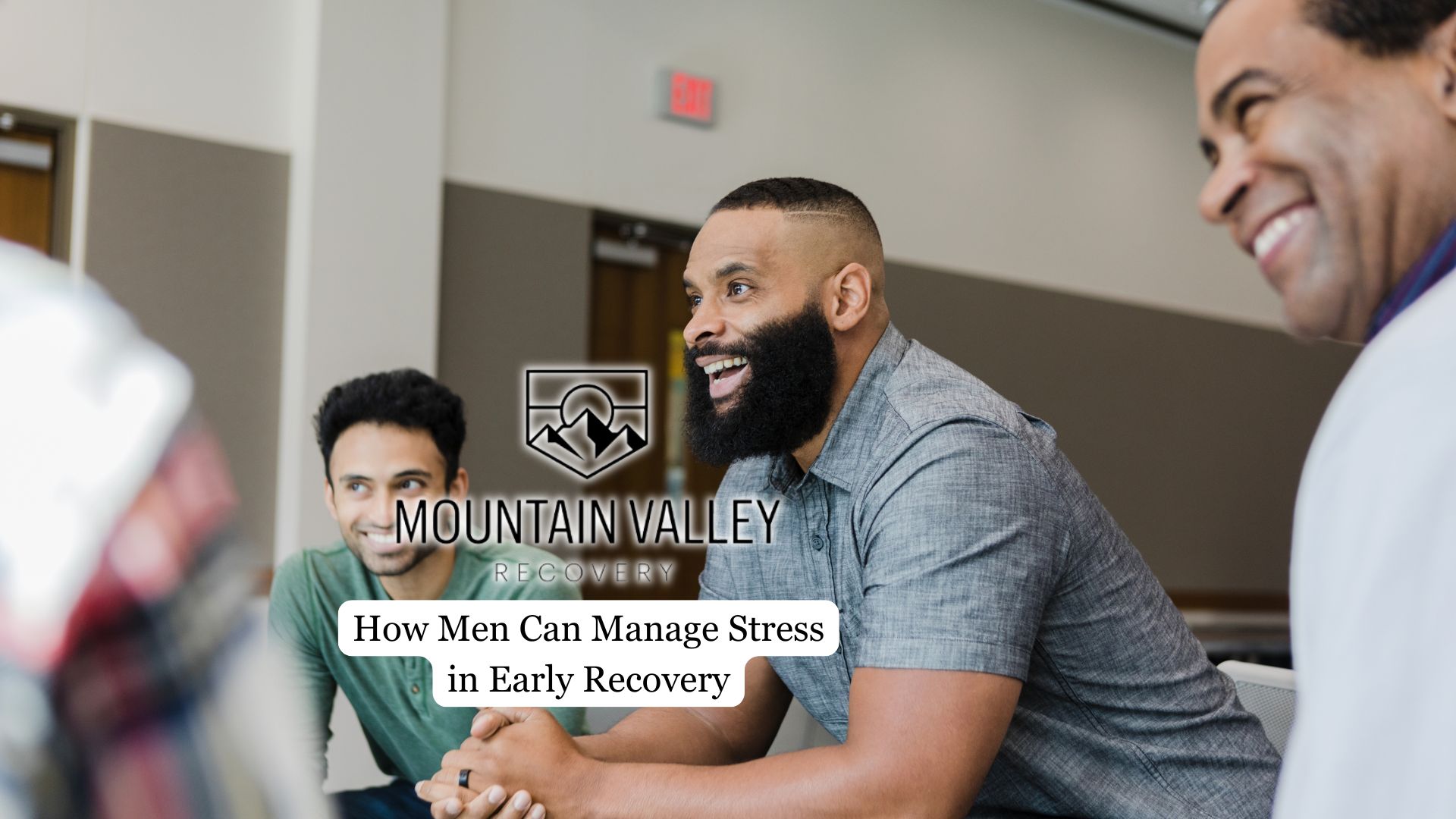Beyond achieving abstinence, men in treatment must rebuild stability, confidence, and purpose in their lives. Gaining workforce skills helps bridge the gap between therapy and independent living, ensuring progress is sustainable.
This article explores why employment training matters, how it supports rehabilitation, and the practical ways programs prepare individuals, particularly men, for meaningful work and personal growth.
Work Training as a Pillar of Recovery
Addiction treatment is not only about ending substance use. It is about creating a productive and fulfilling life. Learning new trades and skills addresses one of the most urgent needs: economic stability. Equipped with vocational knowledge, certifications, and job-readiness preparation, structured programs reduce the risk of relapse that often stems from financial stress. A steady role also provides routine and accountability, encouraging participants to stay focused on positive habits. A reliable income ensures stability, while meaningful work reinforces a sense of direction and purpose in daily life.
Gaining skills also strengthens identity. Many individuals have experienced long periods of unemployment, and finding steady roles helps reshape how they see themselves. Instead of being defined by addiction, they begin to see themselves as professionals, providers, and community members.
The men-only vocational rehab program offered at Mountain Valley Recovery creates a bridge between addiction treatment and long-term wellness, ensuring that healing extends into every aspect of life.
Developing Skills for Workforce Readiness
Many entering treatment may lack recent job experience or formal education. Years affected by addiction can create gaps in resumes and diminish confidence in applying for positions. Training programs bridge this gap by teaching essential skills such as resume building, interview practice, digital literacy, workplace etiquette, and time management. These foundational skills make the job search process less intimidating and help individuals feel prepared to reenter the workforce.
Beyond basic skills, some activity programs focus on vocational trades. Courses in construction, culinary arts, healthcare, or information technology provide certifications that translate directly into opportunities. Partnerships with local businesses often allow participants, including men, to gain hands-on experience, giving them a competitive edge when applying for positions. This preparation ensures individuals not only find jobs but also pursue career paths aligned with their strengths and long-term goals.
Building Confidence and Self-Worth
Addiction often erodes self-esteem, leaving individuals unsure of their ability to succeed. Training programs are designed not only to teach technical skills but also to restore confidence. Structured learning environments allow participants to achieve small, measurable goals, such as completing a course, earning a certification, or mastering a new software tool. Each achievement reinforces self-belief and provides evidence of progress.
This growth in confidence extends beyond the workplace. When people begin to recognize their value, they approach other aspects of healing, such as rebuilding relationships, managing responsibilities, and pursuing personal interests, with greater optimism. Vocational training, therefore, serves as both a professional and personal development tool, supporting the broader goal of living a healthier and more fulfilling life.
Work as a Relapse Prevention Tool
Unemployment or financial instability is a common relapse trigger. Without steady work, they may experience stress, isolation, or feelings of hopelessness that can push them back toward substance use. Learning new skills helps reduce these risks by creating pathways to roles that provide stability and purpose. A structured daily routine filled with responsibilities not only reduces idle time but also builds positive momentum.
Holding a job also creates accountability. Showing up, meeting expectations, and contributing to a team all require discipline and responsibility, qualities that reinforce sobriety. Workplaces can also introduce supportive social networks, offering encouragement and modeling healthy behavior. Together, these protective factors create a strong foundation that reduces the likelihood of relapse.

The Role of Community and Support Systems
Initiatives that integrate group workshops, mentorship, and partnerships with businesses create environments where people can thrive. Counselors and case managers often collaborate with participants to ensure career goals align with treatment progress, balancing workplace readiness with ongoing therapy.
Community engagement is another essential factor. When employers, peers, and local organizations support men in treatment, stigma is reduced, and opportunities for reintegration expand. Networking events, supportive companies, and mentorship programs help build strong connections that reinforce both steady work and sobriety.
Final Thoughts from Mountain Valley Recovery
Career and skill development are cornerstones of sustainable healing because they equip men with the tools, confidence, and opportunities needed to rebuild their lives. Focusing on both practical knowledge and personal growth, these programs directly contribute to long-term stability and reduce the risk of relapse.
At Mountain Valley Recovery, we recognize the importance of vocational resources in supporting individuals. Our men’s only vocational programs in Utah are designed to integrate practical life skills, therapeutic care, and job readiness, ensuring each man has the foundation to thrive beyond treatment. With structured guidance and community partnerships, we help clients move toward independence and lasting wellness.





